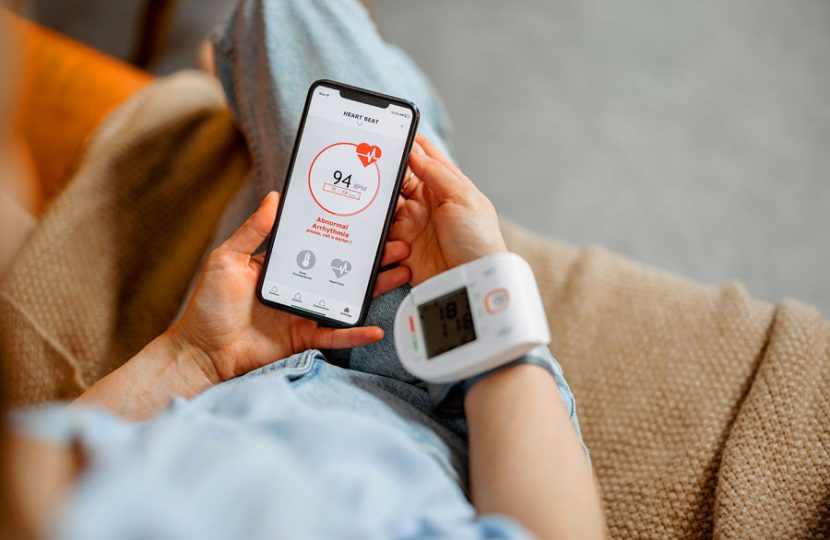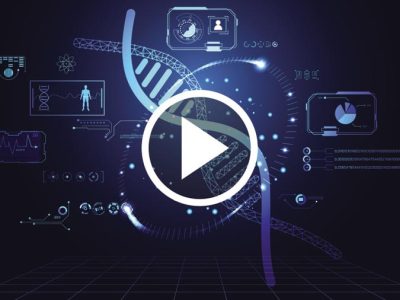In the realm of modern healthcare, advancements in heart testing technologies have significantly improved diagnostic accuracy and patient outcomes. With heart disease being a leading cause of death worldwide, these innovations are crucial in providing timely and precise diagnoses, enabling effective treatment and better management of heart conditions. Let’s delve into five cutting-edge heart testing technologies that are revolutionizing the field.
Cardiovascular Magnetic Resonance Imaging (CMR)
Cardiovascular Magnetic Resonance Imaging (CMR) is like the superhero of heart imaging. Using powerful magnets and radio waves, CMR creates incredibly detailed pictures of the heart’s structures, function, and blood flow. Imagine being able to see the heart in action, layer by layer, without any invasive procedures. That’s the magic of CMR.
One of the biggest perks of CMR is its ability to diagnose a wide range of heart conditions with high precision. Whether it’s detecting heart muscle diseases, assessing damage after a heart attack, or evaluating congenital heart defects, CMR provides invaluable insights that can guide treatment plans. Plus, it doesn’t expose patients to radiation, making it a safer alternative for repeated imaging.
Coronary Computed Tomography Angiography (CCTA)
Next up is Coronary Computed Tomography Angiography (CCTA), a marvel that combines the power of CT scanning with contrast dye to get a clear view of the coronary arteries. Think of it as taking a 3D tour inside your heart’s blood vessels, checking for blockages or narrowing that could lead to heart attacks.
CCTA is a game-changer because it offers a non-invasive way to visualize the coronary arteries. For patients, this means no catheters or surgical procedures, just a quick scan that can reveal critical information about their heart health. It’s particularly useful for people with chest pain or those at high risk of coronary artery disease, providing a fast and accurate assessment that can prevent serious complications.
Cardiac Biomarker Testing
When it comes to catching heart conditions early, Cardiac Biomarker Testing is a lifesaver—literally. This involves measuring substances like troponin and B-type natriuretic peptide (BNP) in the blood, which are released when the heart is stressed or damaged.
Troponin levels, for instance, skyrocket during a heart attack, making it a crucial marker for early detection. Similarly, elevated BNP levels can indicate heart failure. By analyzing these biomarkers, doctors can diagnose heart conditions quickly and accurately, even before significant symptoms appear. It’s like having a sneak peek into the heart’s health status, allowing for timely interventions that can save lives.
Echocardiography (Echo)
Echocardiography, or Echo, is another cornerstone of heart diagnostics. Using sound waves, it creates moving images of the heart, showing its chambers, valves, and overall function in real-time. Imagine watching a live broadcast of your heart’s inner workings—that’s what Echo offers.
This technology is incredibly versatile. It can detect structural abnormalities, assess how well the heart is pumping, and even measure blood flow through the heart. Whether diagnosing valve diseases, monitoring heart function in patients with heart failure, or guiding surgical procedures, Echo is an indispensable tool in the cardiologist’s arsenal. Its non-invasive nature and detailed imaging capabilities make it a go-to for regular heart check-ups and complex diagnostic scenarios alike.
Electrophysiological Testing
Rounding out our list is Electrophysiological Testing, a specialized procedure that examines the heart’s electrical activity. If you’ve ever wondered how doctors pinpoint the cause of irregular heartbeats (arrhythmias), this is the technology that makes it possible.
During an electrophysiological study, catheters are threaded through blood vessels to the heart, where they measure electrical signals. This helps doctors map the heart’s electrical pathways and identify any abnormalities. For patients with arrhythmias, this testing is crucial for guiding treatment decisions, such as whether to use medications, implant a pacemaker, or perform an ablation procedure. It’s all about fine-tuning the heart’s rhythm to keep it beating steadily and efficiently.
Conclusion
Incorporating cutting-edge heart testing technologies into modern healthcare practices is not just about staying up-to-date with the latest gadgets—it’s about transforming patient care. Cardiovascular Magnetic Resonance Imaging, Coronary Computed Tomography Angiography, Cardiac Biomarker Testing, Echocardiography, and Electrophysiological Testing each bring unique advantages that enhance diagnostic accuracy, enable timely interventions, and ultimately improve patient outcomes.
By leveraging these advanced tools, healthcare providers can offer more precise diagnoses, tailor treatments to individual needs, and help patients lead healthier, longer lives. As we continue to innovate and embrace these technologies, the future of heart care looks brighter than ever. So, the next time you or a loved one needs a heart check-up, remember the powerful technologies working behind the scenes to keep your heart in the best shape possible.


